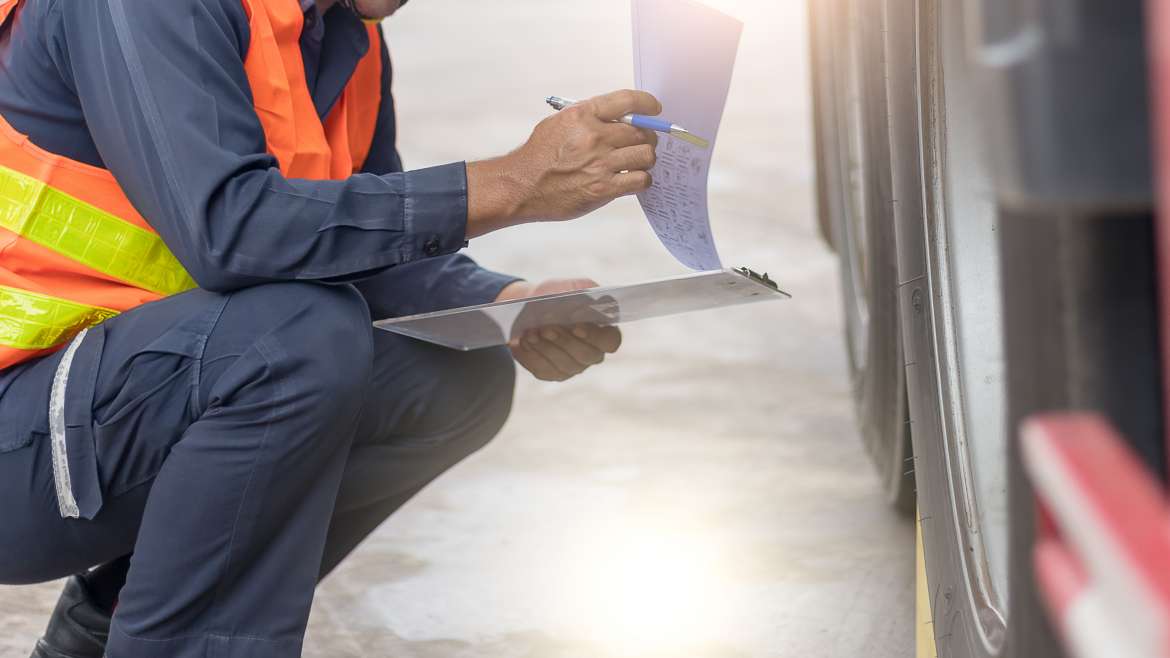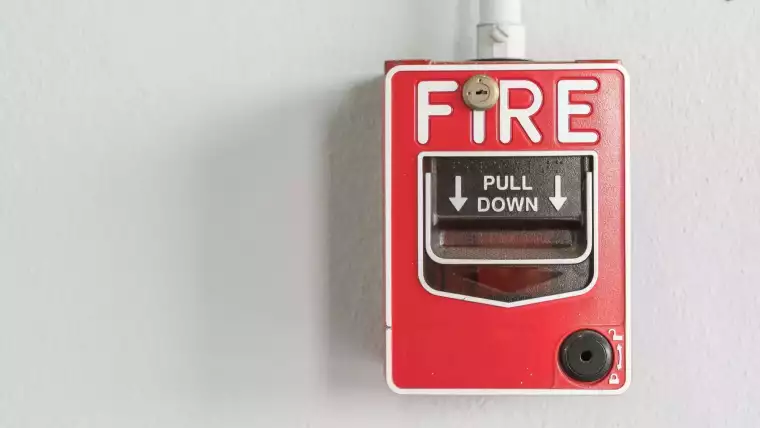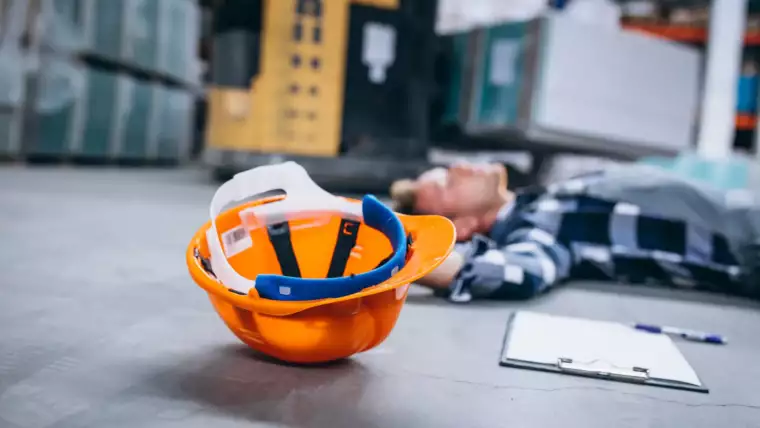Pre-trip inspections are a vital process for keeping everyone on the road safe, including you. By systematically inspecting equipment and loads, operators can drive with confidence knowing everyone is safe. Here are some helpful tips to making pre trips, efficient, and effective.
- Take it seriously – Pre-trips can become monotonous, and repetitive, but the importance of them can never be undervalued. A good motto to have, “imagine your loved ones were following behind you for the whole journey.” Also, unsecure loads and failing equipment can result in large fines that are costly to the operators. No work is ever worth putting innocent lives at risk, do your due diligence.
- Create a system – Inspections should follow a streamline and structured system to avoid missing crucial safety points. Electrical (lights), brakes, steering, tires, tie downs, and mirrors should all be tested and inspected before the vehicle is ever put into drive. Report any issues, take corrective action and maintenance, and always remember your right to refuse unsafe work. As the operator of the vehicle, it is your liability.
- Repetition is key – Conditions change constantly. As a responsible operator, assume nothing. Inspections should take place after every stop, and every shift change to ensure that small problems don’t become catastrophic failures.
- Expect the unexpected – Accidents happen and it is important to know how to combat issues if they do happen. Flares, reflective signs, fire extinguishers, tools and flashlights are crucial pieces of equipment for emergencies, but don’t forget about some essentials not on equipment checklists. Bring extra clothes or blankets based on climate conditions, and extra food for the rare event that you might be stranded waiting for support. The operator is the most important asset to any vehicle, keep their needs in mind.
- Communication is key – Communicate with other members of your team during the inspection. If at all possible, do the inspection with a partner. Ensure there is access to emergency contacts at all times, and check in with appropriate contacts while preforming your duties. Always remember to report all of the findings to your team mates.
These are some quick tips for effective pre-trip inspections. There is a 60 min, in depth course for further information on our website. Look for “Daily Pre-Trip Inspections,” and begin your road to safety today!




